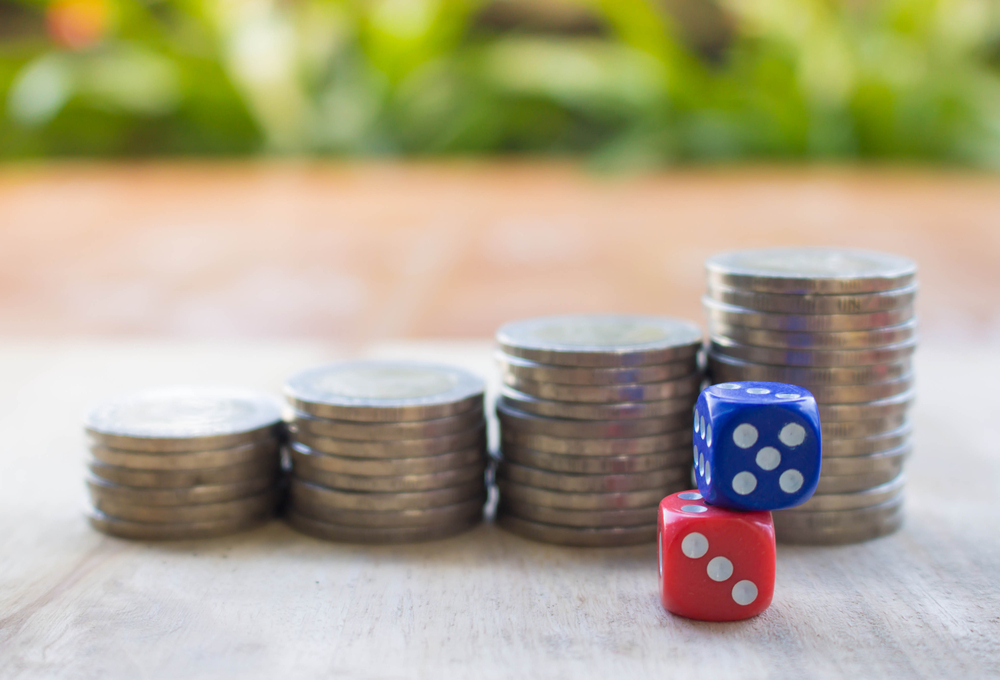
Money spent on marketing for the gambling industry in Germany has tripled over the last five years. Marketing analysis outfit Research Tools has released a study claiming that a huge €401 million (USD$439.6M) was spent on gambling advertising between May 2018 and 2019.
Despite lacking a permanent gambling treaty in all but one state, online gambling has accounted for a €70 million (USD$70.7M) increase.
Sports betting took 20%, while state lotteries accounted for 25%.
Around 64 companies in the country promote themselves on a monthly basis, which the study claims is 35% higher than the number at the start of the testing period.
80% of the money was spent on television advertising, much of it considered illegal by the local government.
Of the 64, 12 gambling operations spent more than €10 million (USD$10.9M) on advertising over the year. Eight of those annually increase their spending.
Wunderino and Unibet increased their advertising budget the most over the May 2018/19 year. The five biggest spenders made up half of the €401 million (USD$439.6M) spent overall.
Between 2008 and 2012, gambling was declared illegal by the federal government apart from Schleswig-Holstein, which legalized it in an act of defiance.
The country’s online gambling market is currently stuck in no-man’s-land, with a trial phase currently being undertaken which will allow casino operators to apply for interim online sports betting licenses by January next year.
These licenses will only be valid for 18 months until July 2021, when it is hoped that 16 German states will reach an agreement on whether online gambling should be legalized completely.
Every year, new gambling licenses are issued for Schleswig-Holstein only.
The new treaty will have to be approved by the European Commission.
Gambling organizations are already taking a hit in the country after Paypal was ordered to cut off gaming payments in the country.
The payment company has introduced a new set of terms, which will take effect on October 21.
The new terms of service restrict ‘offers that are not legal in your respective whereabouts, including some online gambling offers.’
Companies in Schleswig-Holstein were the only ones to hold online casino licenses in the country until they expired earlier this year.
Around 12 resorts were fully operational; they hope to reopen in January 2020 when licenses are issued elsewhere.
The German Sports Betting Association has since urged state leaders to ‘continue the negotiations on a fundamental reform of German gambling regulation’, and has said the new agreement ‘does not solve the structural deficits’ of the previous one.
Despite the volatile situation, gambling remains a huge market for the country – its gross gaming revenue came in at €14.2B (USD$15.6B) in 2018, according to The Handelsblatt Research Institute, while the illegal market is said to be worth between €4B and €22B (USD$4.4-$24B).
Almost 200,000 people worked in the industry in Germany in 2018 and it is thought that as more casinos gain new licenses in 2020, these numbers will increase alongside even more spending on marketing.









